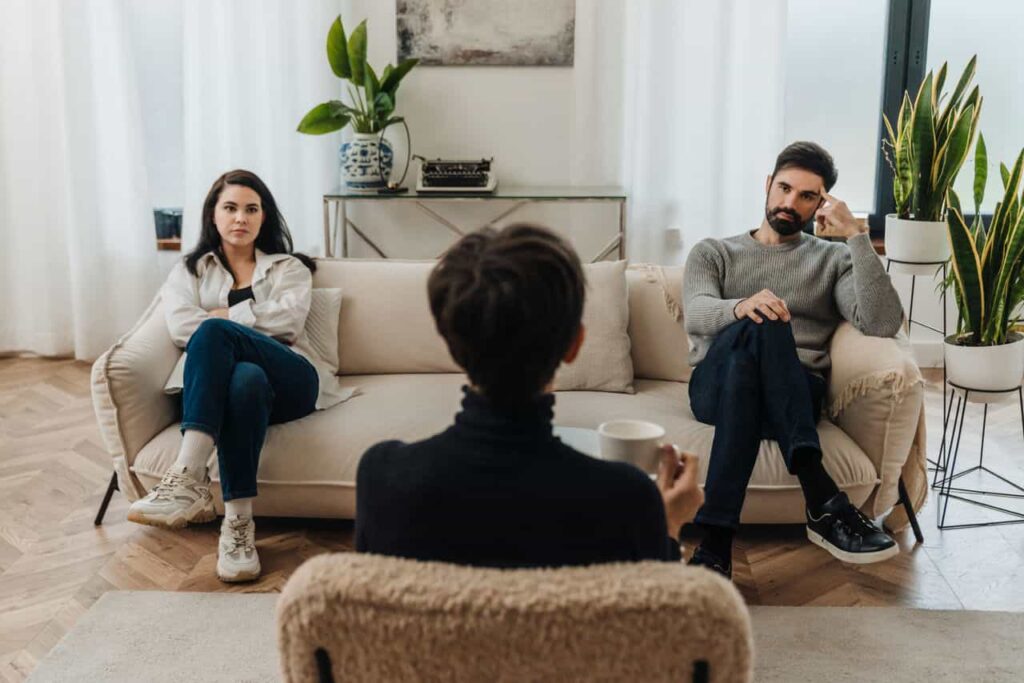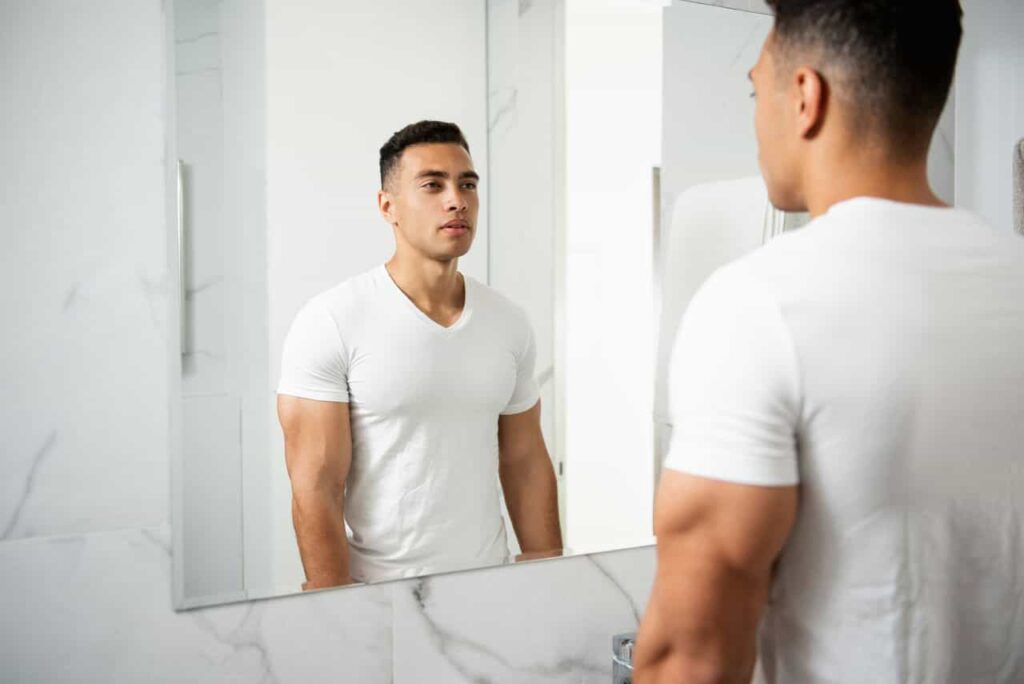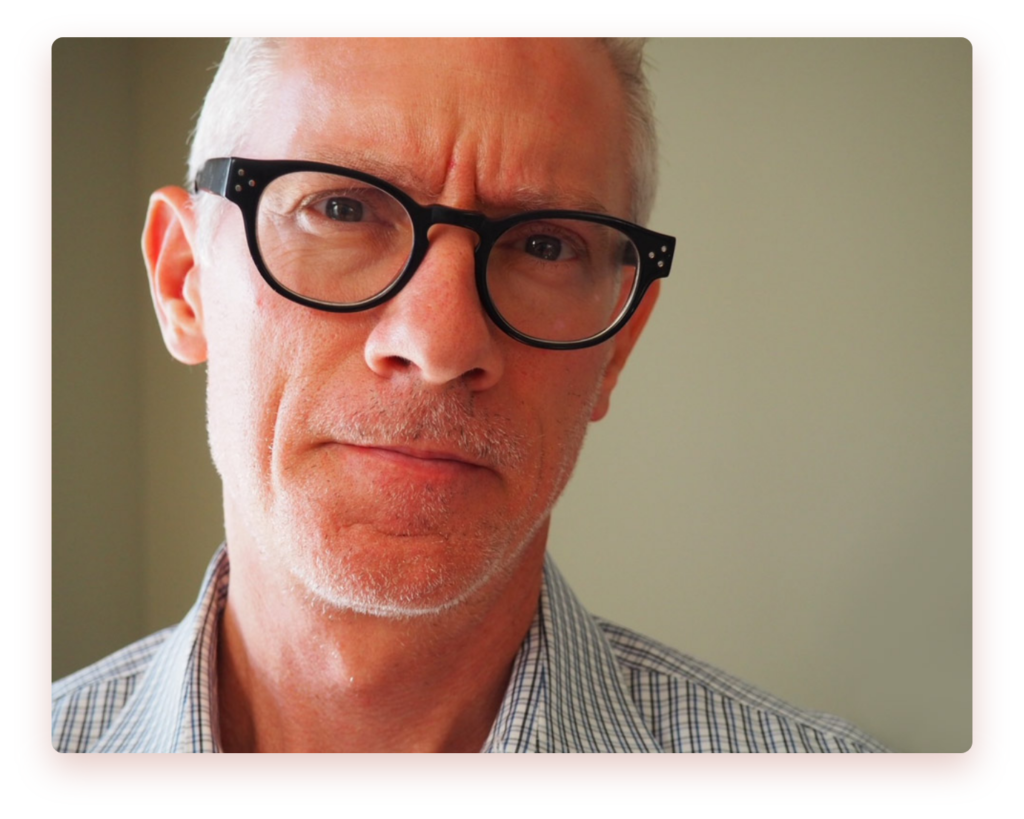Couples therapy is often seen as a last resort—a way to mend a relationship teetering on the edge of collapse. However, many couples come to therapy without fully considering what they might best bring with them beyond just grievances and frustrations.
What Couples Typically Bring to Therapy
Many couples enter therapy hoping for one thing: to change their partner. It’s natural to focus on how the other person has contributed to the breakdown of intimacy, communication, or trust.

People often arrive with a mental list of complaints, grievances, and unmet expectations. Some of the most common include:
- A sense of being wronged: “If only they would stop doing this, we’d be fine.”
- Resistance to natural changes: “I just want them to make me feel the way they used to.”
- A desire to be heard, but not necessarily to listen: Many couples want the therapist to validate their perspective rather than help them engage in mutual understanding.
- A belief that therapy will ‘fix’ their partner: Rather than focusing on the dynamics between them, individuals often assume their partner is the one who needs to change.
What Couples Should Bring to Therapy
While it’s important to acknowledge hurt, frustration, and unmet needs, successful therapy also requires self-reflection and a willingness to examine one’s own role in the relationship.
Some key elements that can make therapy productive include:
A Willingness to Look Inward

One of the most valuable things you can bring to therapy is a willingness to explore how you contribute to the dynamics of the relationship. Ask yourself:
- What is it about me that interferes with my partner’s ability to feel a strong sense of attraction and closeness with me?
- Have I become overly critical, distant, or dismissive in ways that make my partner feel unwanted or unsafe?
- Do I engage in behaviors that create tension, even unintentionally?
Awareness of How You Impact Your Partner
Instead of solely focusing on what your partner is doing wrong, consider:
- What am I aware of that I do (or fail to do) that annoys, disappoints, frustrates, or frightens my partner?
- What have I done in the past that delighted my partner, made them feel valued, safe, and glad to have me around?
- Relationships are built on mutual influence—your behavior affects your partner’s feelings and vice versa. Therapy is most effective when both individuals acknowledge and take responsibility for their own contributions to the relationship’s struggles.
A Realistic Perspective on Change
While growth is essential in a relationship, there’s a limit to how much you can modify yourself before it becomes inauthentic. There are points at which adapting to your partner’s needs may take you too far from your genuine self—your own values, preferences, and needs. If maintaining compatibility requires too much suppression of your sincere identity, it may be worth questioning whether the relationship is sustainable in the long run.
An Understanding of Love Beyond Infatuation
Many people enter relationships selfishly, hoping their partner will always evoke the same intoxicating emotions they felt in the beginning. However, long-term relationships aren’t just about what your partner does to make you feel good—they’re about how you both nurture a shared sense of connection.
Ask yourself:
- Am I focusing too much on what my partner isn’t doing for me, rather than what I can do to strengthen our bond?
- Have I lost sight of what initially attracted my partner to me?
Sustained intimacy isn’t just about receiving love—it’s about actively contributing to your partner’s well-being as well.
The Bottom Line

Couples therapy isn’t just a space to air grievances—it’s an opportunity for both partners to gain insight into themselves and their dynamic as a couple. Bringing self-awareness, personal accountability, and a willingness to understand your partner’s experience can transform therapy into a powerful tool for growth.
If you’re considering therapy, first take some time to reflect on your role in the relationship and how you can contribute to positive change.
 People often arrive with a mental list of complaints, grievances, and unmet expectations. Some of the most common include:
People often arrive with a mental list of complaints, grievances, and unmet expectations. Some of the most common include:
 One of the most valuable things you can bring to therapy is a willingness to explore how you contribute to the dynamics of the relationship. Ask yourself:
One of the most valuable things you can bring to therapy is a willingness to explore how you contribute to the dynamics of the relationship. Ask yourself:
 Couples therapy isn’t just a space to air grievances—it’s an opportunity for both partners to gain insight into themselves and their dynamic as a couple. Bringing self-awareness, personal accountability, and a willingness to understand your partner’s experience can transform therapy into a powerful tool for growth.
If you’re considering therapy, first take some time to reflect on your role in the relationship and how you can contribute to positive change.
Couples therapy isn’t just a space to air grievances—it’s an opportunity for both partners to gain insight into themselves and their dynamic as a couple. Bringing self-awareness, personal accountability, and a willingness to understand your partner’s experience can transform therapy into a powerful tool for growth.
If you’re considering therapy, first take some time to reflect on your role in the relationship and how you can contribute to positive change. 
